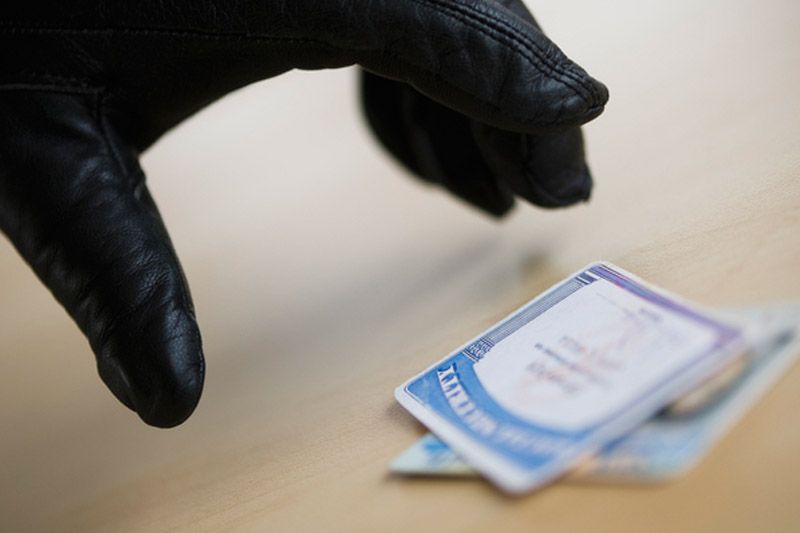BY JASON ALDERMAN
Identity theft is one of the fastest-growing fraud issues at the Internal Revenue Service (IRS). Online thieves have been capturing Social Security numbers and other tax filing data to file fraudulent returns, principally for the purpose of stealing refunds.
Just this past tax season, TurboTax, the leading tax preparation software company, had to stop transmitting state tax returns and introduce new safeguards after a run of suspicious returns. In March, the U.S. Treasury Department reported slightly over 2.9 million incidents of tax-related identity theft in 2013, up from 1.8 million in 2012. As to dollar loss, in January, the General Accounting Office (GAO) said the IRS had prevented an estimated $24.2 billion in fraudulent identity theft tax refunds in 2013, but actually paid $5.8 billion in refunds later determined to be fraudulent.
In terms of damage, tax identity theft is really no different than any other form of identity theft. Thieves illegally obtain your Social Security number through online or other resources and then go to work on your finances and reputation. The first you’ll see of it will be on your credit report in the form of unfamiliar (and likely unpaid) accounts or unusual credit inquiries from employers or agencies you’ve never contacted. The problem may take months or years to straighten out.
Hearing about a false tax return might take time. Many taxpayers find out they’ve been hacked via a physical letter from the U.S. Postal Service – the IRS never sends taxpayer-specific correspondence via email –indicating that a duplicate return has been filed in the taxpayer’s name. That means a significant amount of time might have passed between the hack and the taxpayer learning about the problem. Electronic filers might find out sooner because their return might bounce if a fraudulent one was successfully filed earlier.
Recent reports quote the IRS as saying it tries to settle such cases within 4-6 months, but news reports have indicated wait times might be longer. This is why anyone dealing with identity theft needs to move fast and be actively involved in containing the damage. Regulators can’t do it for you and advertised services that say they can handle everything probably won’t. You’ll need to investigate and clean up your own records.
If you’ve been hit, first go to the identity theft action pages on both the Federal Trade Commission and the IRS websites for immediate ways to deal with the problem. Start with the following immediate steps:
Order your current credit reports and set a fraud alert on each at the three major consumer credit rating agencies – Equifax, Experian and TransUnion. Follow up to make sure those alerts are active.
Set up a physical or computer-based file where you can organize, date and file all contacts, communications and paperwork associated with your case and keep track of any fraudulent transactions that occur.
Create an identity theft report with the FTC and your local police department. This will help you document your contacts with regulators and law enforcement if there is an arrest.
Make a call list for all creditors, banks, investment companies, utilities and your employer to let them know about the breach. If you work with qualified financial and tax experts, inform them too. If you’ve spotted fraudulent accounts, contact those entities to put a freeze on them and thereby limit potential losses.
If you’ve never experienced this type of identity theft, don’t take your luck for granted. Even if you file your taxes by regular mail, make sure you set up your own personal IRS e-services account, because reports have surfaced that identity thieves are opening false accounts with stolen taxpayer data. Finally, schedule receipt throughout the year of your three credit reports, which you can receive free once a year.
Bottom line: Anywhere your Social Security number goes, identity thieves follow – this tax filing season proved that. Safeguard your data and check your credit reports several times a year for irregularities.
Jason Alderman directs Visa’s financial education programs. To follow Practical Money Skills on Twitter: www.twitter.com/PracticalMoney.








